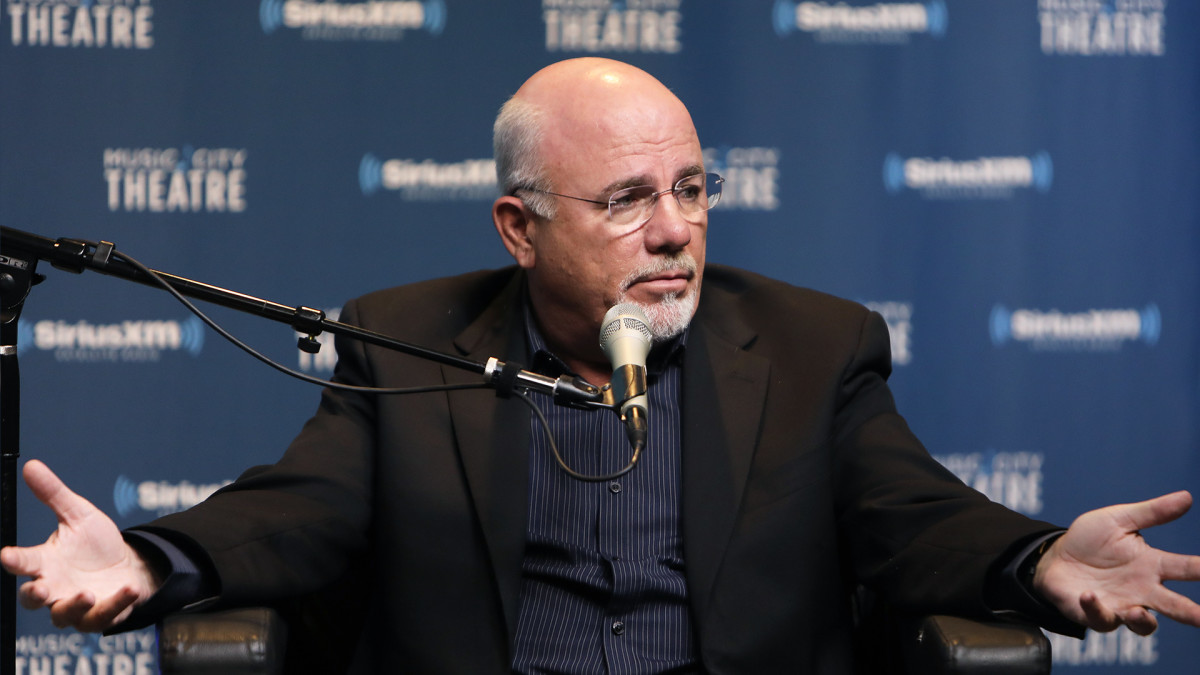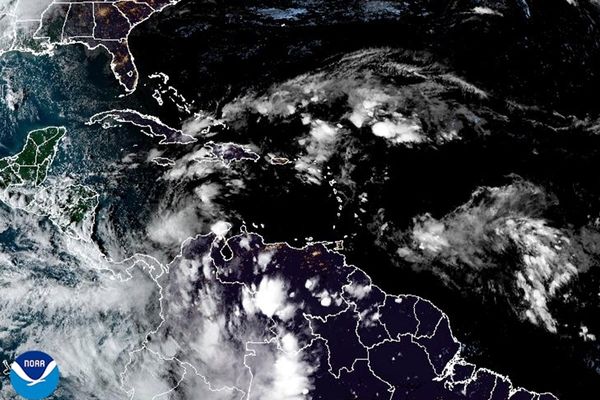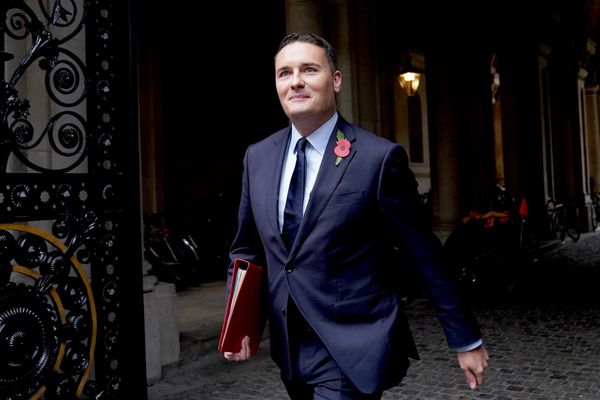
With home affordability at a new low, the dream of homeownership seems increasingly out of reach. Dave Ramsey, CEO, Ramsey Solutions and host of The Ramsey Show joined TheStreet to discuss the crucial mistake people tend to make when it comes to saving for a house.
Related: Dave Ramsey has no-nonsense money advice for married people now
Full Video Transcript Below:
CONWAY GITTENS: What is your rule of thumb in terms of a down payment amount. What's the realistic savings goal that people should be targeting?
DAVE RAMSEY: Well, if you're a first time home buyer, you know, you need to put down 5% or 10% maybe 20 would be great. But it's a lot tougher when you're a first time home buyer to do that. 20 would be great because you avoid PMI, private mortgage insurance, which is about $75 per month per 100,000 borrowed. So you buy a $400,000 house. We're talking about 200. We're talking about 300 bucks a month just for PMI. And so you avoid that with a 20% down payment. So that's best. 100% down is best. But again, first timers, we 5%, 10%, whatever, and make sure you're out of debt on everything else. So that you can afford the house then.
CONWAY GITTENS: So I know you are a tough love kind of guy. So when we're thinking about coming up with this deposit, many people are trying to figure out how am I going to do it. So what is your advice to people of all generations and how to save in order to come up with the money that they need to make that deposit?
DAVE RAMSEY: The average car payment in America today is almost $700 a month. There's $1.7 trillion in student loan debt. There's over $1 trillion in credit card debt. No wonder they can't save. If you have a $700 car payment and a $400 student loan payment and and you're living from credit card to credit card to credit card and you're running another 300 or 400 bucks out on that in an average household income, you can't breathe. Let's have two cars. Let's go ahead and kick that to almost 2000 bucks a month just for car payments. You know, so what we teach folks is if you get out of debt and you buy a car that you can actually pay cash for and you cut up your credit cards and you live on actual debit cards, actual cash, and you don't spend more than you make.
Watch More Interviews:
- Shark Tank's Kevin O’Leary has a bold plan for TikTok
- Kara Swisher issues stark warning to the media
- Inflation is impossible to forecast — stop investing like you can, top economist warns
Quit acting like you're a freaking congressman, you know. I mean, my gosh, live on less than you make when you get the debt cleaned up in the average household. Now, there's disposable income mathematically, but they're giving it all to car companies, credit card companies and Sallie Mae. And so, of course, you can't save in that situation. You're giving away your most powerful wealth building tool, which is your income. So that's why we've ended up in the name of wealth creation, in the name of prosperity have ended up becoming the no debt guys over at Ramsey.
CONWAY GITTENS: So are you saying that Americans are driving too much car and that's why they can't save for their house?
DAVE RAMSEY: 100% definitely. They're driving cars they can't afford for sure. And they're and they're going to schools. They can't afford in the name of if I go to that school, I'll be successful versus the school I could actually pay cash for. And mom and dad could have helped me work my way through. But instead I got $140,000 in student loans because I went to a famous college and got basically the same education. And so, yeah, yeah, definitely. We're buying things we can't afford with money. We don't have to impress people we don't really like. And then the payments are stealing our ability to save and invest.







